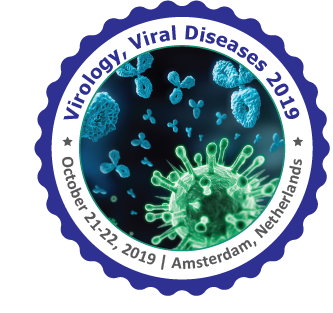Muhammad Shafiq
Nanjing Agricultural University, China
Title: Synergistic effect of Allicin with Colistin against clinical isolated Colistin-resistant Escherichia coli strains
Biography
Biography: Muhammad Shafiq
Abstract
Currently, multidrug-resistant bacteria/E. coli is one of the emerging cause of high morbidity and mortality in human and animals. Combined antibiotics prove to be a relatively effective method to control such resistant strains. Despite its use was abandoned several decades ago, the polycationic peptide colistin has become the last hope to treat severe infections caused by multidrug-resistant Gram-negative bacteria. Thus, the development of colistin resistance may seriously compromise the efficacy of treatment. Moreover, colistin has high toxicity being dose dependent. Allicin is one of renowned active compound of garlic, which possesses significant antibacterial activity.This study aim to Allicin investigate synergistic activity of eugenol combined with colistin against a collection of clinical isolated Escherichia coli (E.coli) strains, and to evaluate potential interaction. A total of 226 E. coli isolates were subjected to minimum inhibitory concentrations (MICs) through microdilution method and 63 strains were chosen for fractional inhibitory concentration index (FICI) to determine the synergy and checkerboard assay, respectively. The results of a time-kill assay revealed that colistin combined with Allicin continuously eliminated colistin-resistant Escherichia coli. Images from scanning electron microscopy (SEM) at 5 h postinoculation confirmed the killing effect of the combination. Our results demonstrated that Allicin exhibited synergistic effect with colistin and enhanced its antimicrobial activity. This might further contribute to the antibacterial actions against colistin-resistant E.coli strains.

